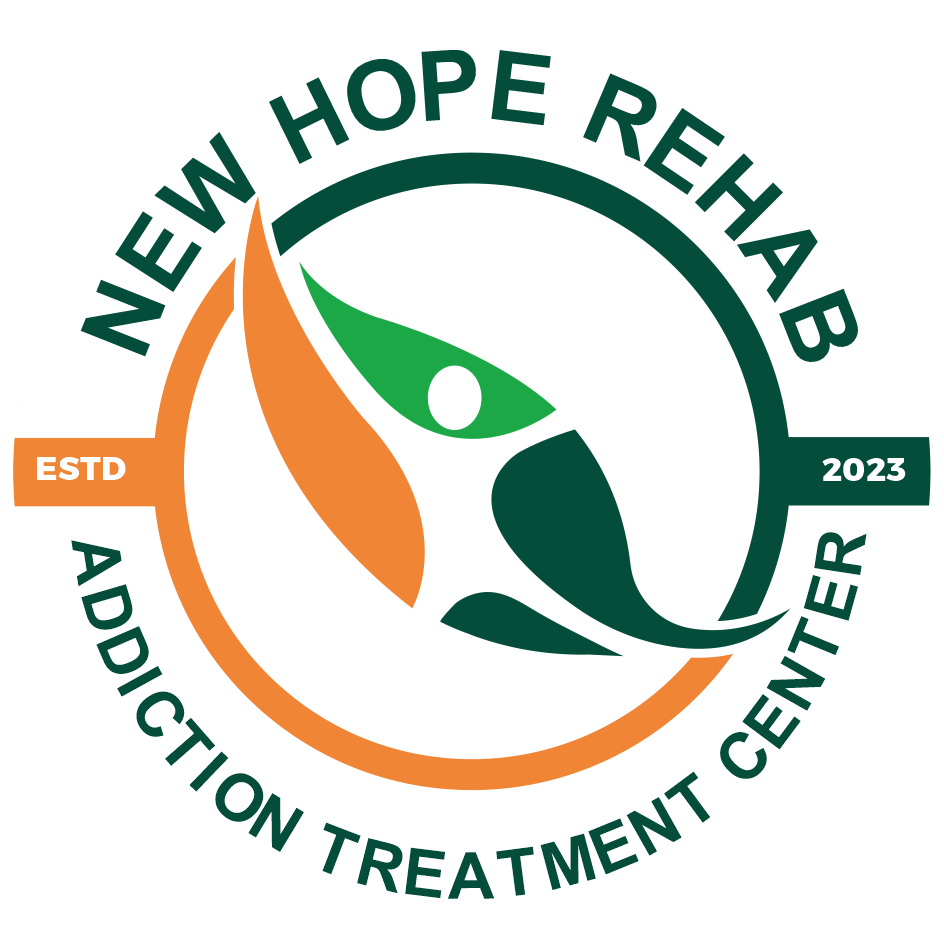Benzodiazepines Addiction
Benzodiazepines Addiction
Benzodiazepine addiction, also known as benzodiazepine use disorder (BZD use disorder), is a condition characterized by the compulsive use of benzodiazepine drugs despite negative consequences. Benzodiazepines are a class of prescription medications commonly used to treat anxiety, insomnia, seizures, and other conditions. While they can be effective when used as prescribed, long-term use or misuse of benzodiazepines can lead to tolerance, dependence, and addiction.
Addiction Potential: Benzodiazepines work by enhancing the effects of a neurotransmitter called gamma-aminobutyric acid (GABA) in the brain, which helps to calm the central nervous system. Prolonged use or misuse can lead to tolerance, meaning higher doses are required to achieve the desired effect. This can eventually lead to physical and psychological dependence, resulting in addiction.
Signs and Symptoms: Symptoms of benzodiazepine addiction can vary, but common signs include a strong craving for the drug, inability to limit or control benzodiazepine use, continued use despite negative consequences (such as impaired functioning or health issues), withdrawal symptoms when attempting to stop, and an increased tolerance to benzodiazepines.
Health Consequences: Benzodiazepine addiction can have significant health consequences. Prolonged use can lead to physical side effects such as drowsiness, dizziness, impaired coordination, and memory problems. It may also result in cognitive impairments, increased risk of falls in older adults, and a higher likelihood of accidents and injuries.
Withdrawal: Abruptly stopping benzodiazepine use or reducing the dosage after prolonged use can lead to withdrawal symptoms. Benzodiazepine withdrawal can be challenging, and symptoms may include anxiety, insomnia, irritability, muscle tension, and even seizures in severe cases. Tapering off the medication under medical supervision is recommended to minimize withdrawal discomfort and risks.
Treatment Options: The treatment of benzodiazepine addiction typically involves a combination of medical supervision, medication management, and behavioral therapies. Gradual tapering off the medication, under the guidance of a healthcare professional, can help manage withdrawal symptoms. Behavioral therapies, such as cognitive-behavioral therapy (CBT) and other counseling approaches, are used to address the underlying issues related to addiction and develop healthier coping strategies.
Supportive Environment: Having a supportive environment is essential for benzodiazepine addiction recovery. Support from family, friends, and support groups can provide encouragement, understanding, and motivation throughout the recovery process.
Avoid Abrupt Discontinuation: If someone is physically dependent on benzodiazepines, it is important not to stop taking the medication abruptly. Sudden discontinuation can lead to severe withdrawal symptoms and potential complications. Instead, it is crucial to work with a healthcare professional to create a safe and effective tapering plan.
The Requirements :
If you or someone you know is struggling with benzodiazepine addiction, seeking professional help from healthcare providers, addiction specialists, or rehabilitation centers is crucial. Early intervention and comprehensive treatment can significantly improve the chances of successful recovery and a healthier life.
